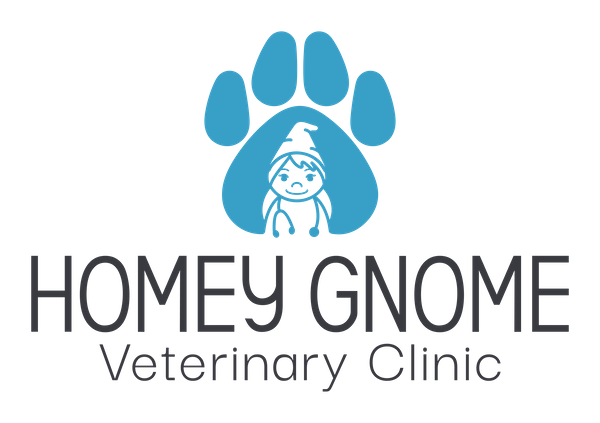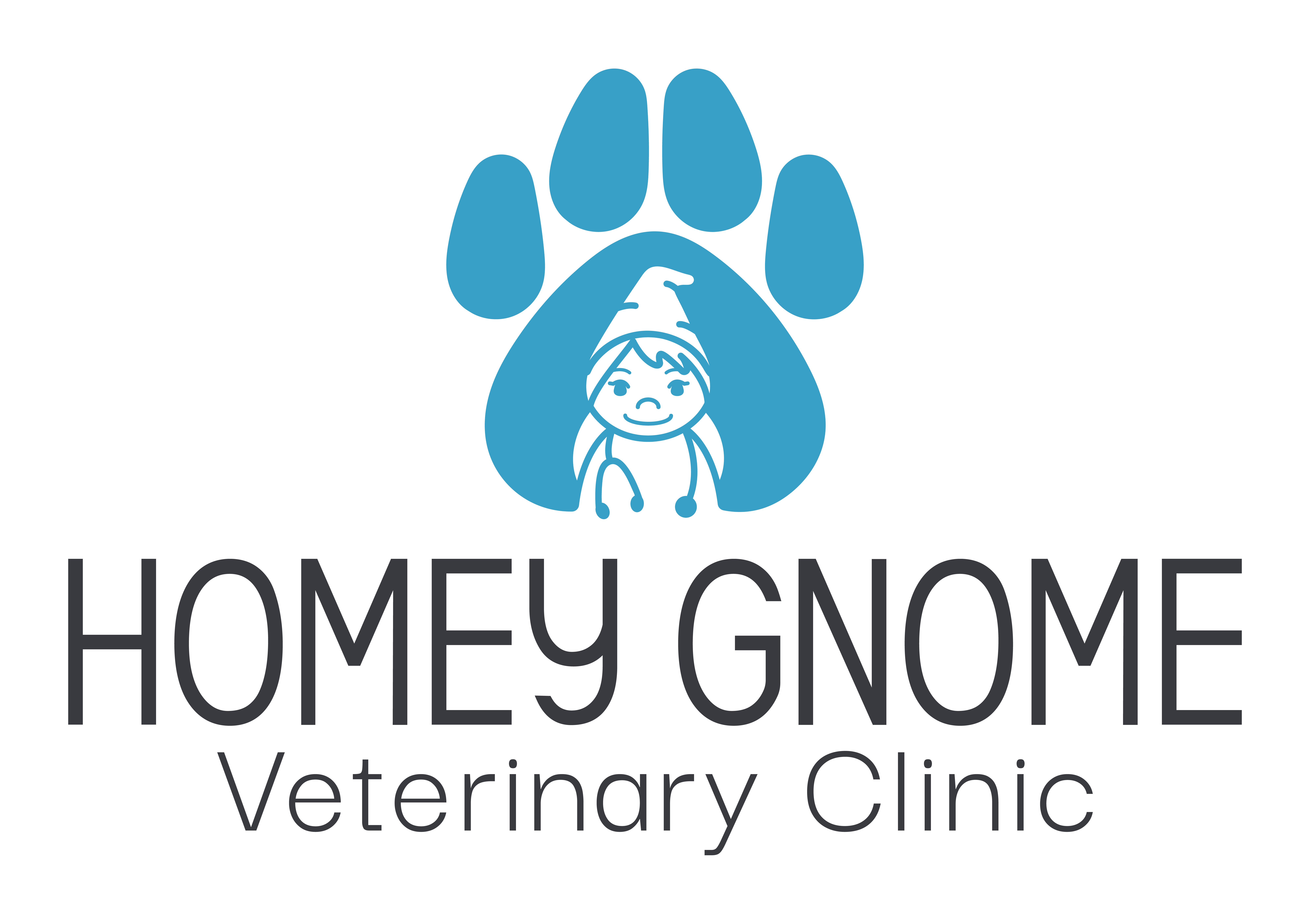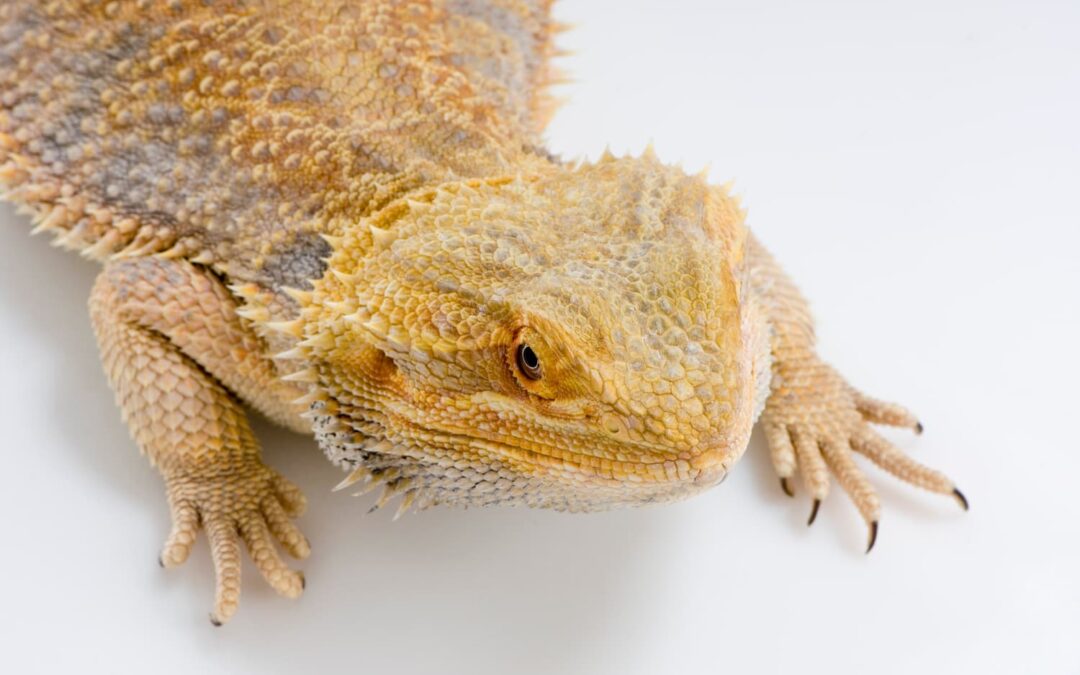Lizards make fascinating companions, from the calm charm of a bearded dragon to the quick dart of a leopard gecko. Their personalities are as diverse as their species, making them rewarding pets for anyone willing to provide proper care. But just like any other pet, a lizard’s health and happiness depend on the environment you provide. A well-designed habitat is essential for keeping your scaly friend safe, comfortable, and thriving.
Whether you’re a first-time lizard owner or an experienced reptile enthusiast, understanding the unique needs of your species is the key to creating a habitat that promotes both physical health and natural behaviors.
Start with the Species in Mind
Lizards are incredibly diverse, and each species has unique requirements. For instance, a blue-tongued skink has different dietary and environmental needs than a crested gecko. A uromastyx, which comes from arid deserts, has vastly different humidity and temperature requirements compared to a chameleon, which thrives in humid treetop environments.
Before purchasing supplies or rearranging your enclosure, consider these questions:
- Natural habitat: Is your lizard from a desert, tropical forest, or temperate region?
- Behavior and activity patterns: Is it arboreal (tree-dwelling) or terrestrial (ground-dwelling)? Is it diurnal (active during the day) or nocturnal (active at night)?
- Temperature and humidity needs: What range does your species require for optimal health?
- Dietary preferences: Does it eat insects, vegetables, or a combination of both?
Even subtle differences matter. For example, many first-time owners assume that any UVB light will work for all lizards. In reality, UVB requirements vary by species and life stage. Over-humidifying a desert species or using the wrong substrate can cause serious health issues, such as respiratory infections or impaction. When in doubt, consult a knowledgeable Oakdale reptile veterinarian to create a species-specific care plan.
Must-Haves for a Healthy Lizard Habitat
Creating the perfect habitat is more than aesthetics—it ensures your lizard feels secure and can display natural behaviors. Key elements of a healthy lizard enclosure include:
- Proper enclosure size: A tank that is too small can increase stress and limit exercise. Larger enclosures allow lizards to explore and behave naturally.
- Secure ventilation: Good airflow prevents mold growth and helps regulate temperature and humidity. Ventilation is especially important for tropical species that require high humidity without risking stagnant air.
- UVA/UVB lighting: Day-active lizards rely on UVB lighting for vitamin D3 synthesis, which is essential for calcium absorption and bone health. UVA lighting also supports behavioral health.
- Temperature gradient: Provide a warm basking area and a cooler retreat so your lizard can self-regulate its body temperature. Use reliable thermometers to monitor both zones accurately.
- Humidity control: Tropical species may require daily misting, a fogger, or a humid hide. Desert species, however, need dry conditions with minimal humidity.
- Hides and climbing surfaces: Offer both ground-level and elevated hiding spots. Branches, rocks, logs, and other textured surfaces encourage climbing, exploration, and natural behaviors.
- Water and food dishes: Use shallow dishes to prevent accidental drowning, and clean them daily to reduce bacteria growth.
- Safe substrate: Avoid loose particles that can cause impaction if ingested. Species-appropriate substrates include reptile carpet, paper towels, coconut fiber, or specialized soils.
These elements not only replicate your lizard’s natural habitat but also support healthy digestion, immunity, and overall well-being.
Enrichment and Mental Stimulation
A healthy habitat also includes opportunities for enrichment. Bored lizards can develop stress behaviors, which can negatively affect their health. Here are a few enrichment ideas:
- Varied climbing structures: Branches, cork bark, and ramps help arboreal species exercise and explore.
- Hiding spots: Multiple hides reduce stress by giving your lizard a place to retreat when it feels threatened.
- Interactive feeding: Offer food in puzzle feeders or place insects in different areas to encourage natural hunting behaviors.
- Changing scenery: Rearrange non-dangerous décor periodically to provide visual stimulation.
Enrichment isn’t just for the more active species—most lizards benefit from having their environment subtly changed over time to keep them engaged.
Monitoring Your Lizard’s Health
A properly designed habitat directly impacts your lizard’s health. Poor lighting, incorrect temperatures, or inadequate diet can lead to preventable health issues. Regularly monitor your lizard for signs of wellness or distress.
Signs of a Healthy Lizard:
- Eats regularly and shows normal activity during waking hours
- Clear, bright eyes and smooth skin
- Regular shedding without retained skin
- Responds appropriately to handling (depending on species)
Red Flags Indicating Potential Habitat or Health Problems:
- Lethargy or excessive hiding
- Loss of appetite
- Difficulty shedding
- Swollen joints or soft bones (possible Metabolic Bone Disease)
- Discolored or crusty skin
Many of these problems can be traced back to improper lighting, humidity, or diet—or a combination of all three. Regular check-ins with our exotic pet veterinarians in Oakdale can help catch small issues before they become serious, keeping your lizard healthy and thriving.
Diet and Nutrition Considerations
A balanced diet is as critical as habitat setup. Depending on species, lizards may require:
- Insects: Crickets, mealworms, and roaches provide protein for insectivorous species.
- Vegetables and fruits: Leafy greens and colorful vegetables support herbivorous or omnivorous lizards. Avoid toxic plants such as rhubarb or avocado.
- Supplements: Calcium and vitamin D3 powders are often necessary to prevent metabolic bone disease, especially in species with high calcium needs.
It’s important to offer a diet that mirrors what your lizard would eat in the wild. Overfeeding, improper supplements, or a lack of variety can lead to serious long-term health problems. Our Oakdale reptile veterinarian can help design a feeding plan that meets your pet’s specific nutritional requirements.
Supporting Your Lizard Every Day
Lizards rely entirely on their caregivers for proper care. From maintaining the correct basking temperatures to ensuring a clean water dish, your involvement shapes every aspect of their health and happiness.
Homey Gnome Veterinary Clinic offers specialized care for lizards and other exotic pets. Our team can help you:
- Set up a species-appropriate habitat
- Choose the correct lighting and heating systems
- Monitor nutrition and supplementation
- Identify early signs of illness
We know the special bond between exotic pets and their owners and are passionate about helping your lizard thrive in a safe, healthy environment.
If you have questions about your lizard’s care or want to schedule a habitat consultation with our Oakdale reptile veterinarian, call (651) 202-3388. Our team is dedicated to helping you give your scaly companion the healthiest, happiest life possible.


